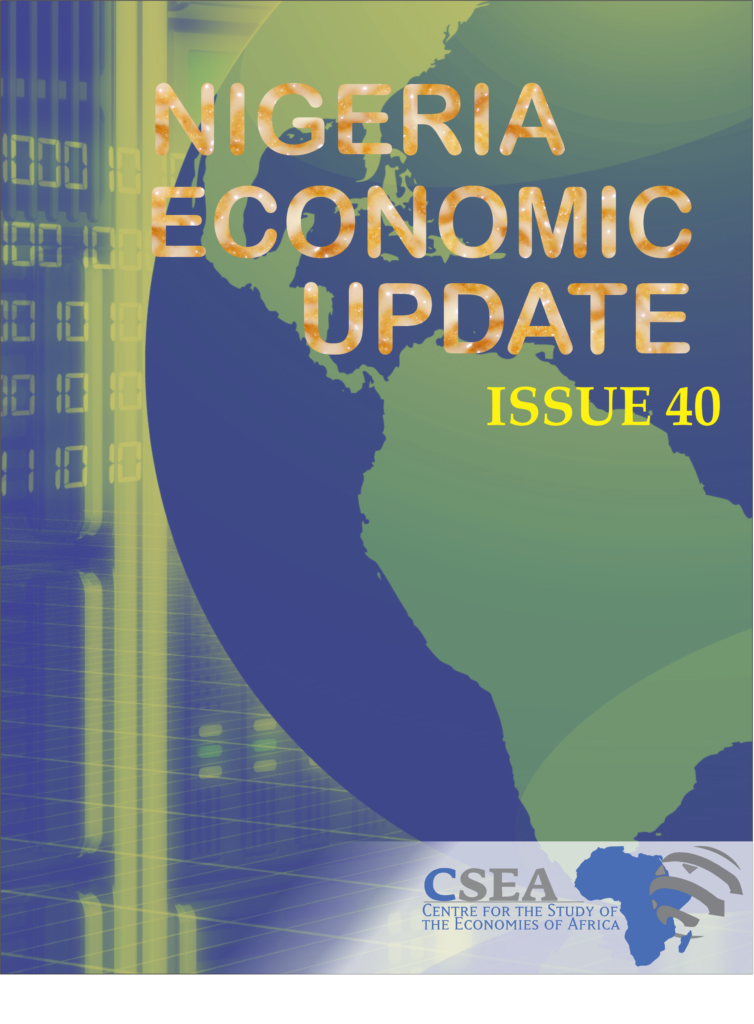The World Bank’s recent Africa Pulse publication reveals a revised 2018 growth rate forecast for Nigeria from the earlier projected 2.1 percent to 1.9 percent1 – representing a slight downward review. The revision was premised around what the institution termed “sluggish growth” amid rising debts, and a myriad of factors including declining oil production, disruptions in agricultural activities occasioned by the incessant herdsmen and farmers clashes, and effects of climate change. The contraction in the agricultural sector stalled crop production and dampened prospects of increased non-oil growth, all of which stunted economic recovery2. With the continued implementation of the Economic Recovery and Growth Plan (2017-2020), there are strong possibilities that the economy may benefit from revenue sources other than oil in the near future.
Macroeconomic Report & Economic Updates

October 17, 2018
Nigeria Economic Update (Issue 40)
The World Bank’s recent Africa Pulse publication reveals a revised 2018 growth rate forecast for Nigeria from the earlier projected 2.1 percent to 1.9 percent1 – representing a slight downward review. The revision was premised around what the institution termed “sluggish growth” amid rising debts, and a myriad of factors including declining oil production, disruptions […]
Read →
Related
Nigeria Economic Update (Issue 9)
Crude oil prices fluctuated during the
review week. OPEC weekly basket price decreased marginally from $53.63 on
February 24, 2017 to $53.34 on March 3, 2017. Similarly, Brent
crude declined (week-on-week) by 0.84 percent to $55.15, while
Bonny light decreased by 2.4 percent to $54.4 per barrel. During
the week, reports of Russias incomplete compliance to agreed production cut and
rising United States crude production/inventories, led to the
slight pressure exerted on oil prices. The uncertainties and volatility of
global crude oil price stresses the need for the government to channel efforts
at developing other key sectors of the economy, particularly the manufacturing
sector.
Nigeria Economic Update (Issue 27)
The
Naira strengthened against the dollar in the review week. Specifically, the
Naira appreciated by 2.7 percent to N355/$ (parallel market rate) on June 17, 2016,
following the release of the flexible FOREX policy guidelines by the CBN on
June 15, 2016. The new policy effectively adopts a single market structure
hosted at the autonomous/inter-bank market. The inter-bank trading scheduled to
commence on June 20, 2016 will be market-determined, officially eliminating the
N197/$ peg. To ensure foreign exchange liquidity, primary market dealers have
been introduced while the CBN will participate in the market through periodic interventions.
